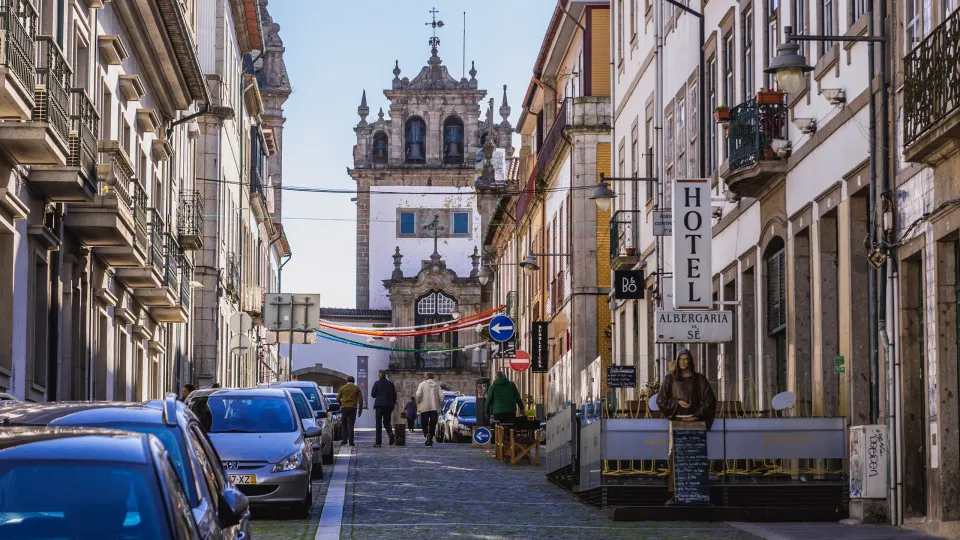A baby was born in an ambulance of the Vale de Coimbra Volunteer Firefighters, in the district of Aveiro, on Saturday night, the fire department reported.
“Maria was born at 10:13 PM in the ambulance with the support of our crew members,” stated a post on the social media platform Facebook.
According to the fire department, the baby and mother were later transported to the São Sebastião Hospital in Santa Maria da Feira.
The Diário de Aveiro reported that the mother, a native of Sever do Vouga, sought assistance at the Vale de Cambra Volunteer Firefighters’ station, and the birth occurred on the National Road 223, “just minutes from the hospital.”
The 30-year-old woman arrived at the station “already with contractions” and the firefighters initiated transport to the São Sebastião Hospital.
“Meanwhile, during the journey, she went into labor,” a fire department source told the local newspaper, adding that “everything went well.”
It is highlighted that around 50 babies have been born in ambulances or at home this year, according to reports from fire departments on social media. The actual number may be higher, as not all incidents are reported.
In August, the executive director of the National Health Service (SNS), Álvaro Almeida, acknowledged an increase in the number of births outside of homes or hospitals but denied linking this to the closure of obstetrics and gynecology emergencies.
“There is indeed a slight increase in the number of births outside homes and hospitals, about six more this year compared to the previous year, but this does not correspond to or is not directly related to the closures of emergencies. This is because the number of closures is lower this year than it was last year,” he stated.

Álvaro Almeida, executive director of the SNS, assures that the health sector in Portugal “is better than it was last year and two years ago” and that the “slight” increase in births in ambulances “is not directly related to the closure of emergencies.”
Natacha Nunes Costa | 07:57 – 21/08/2025
At the end of April, Health Minister Ana Paula Martins acknowledged the need to ensure fewer babies are born in ambulances but noted that similar situations have always occurred.
“The goal is to have fewer and fewer babies born in ambulances, especially through well-monitored pregnancies. If there is one area where we’ve distinguished ourselves over the last 45 years, it’s in maternal and child health, and we need to ensure these indicators are maintained,” the minister said at the end of a visit to the Santa Cruz Hospital, part of the Lisbon Western Local Health Unit.
Ana Paula Martins mentioned, however, that babies have always been born in ambulances and will continue to be born in some moments because it’s not possible to avoid in certain circumstances. “But naturally, that is by no means our goal,” she declared.
“In good health”. Firefighters of Ílhavo help a baby to be born in an ambulance




